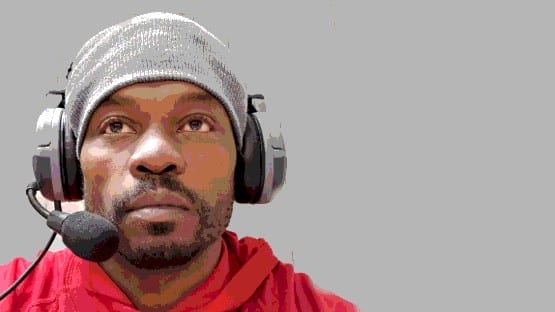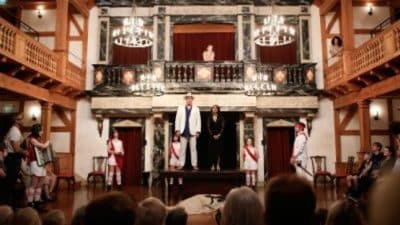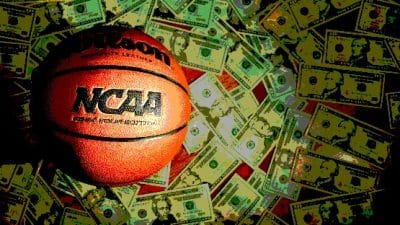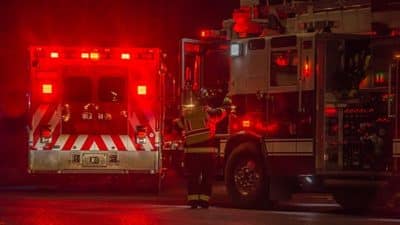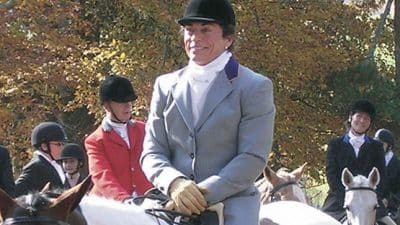
I do not know the answer to this question. I am not a General Lee scholar. Besides, no one can get inside another’s head. But I will make a wild guess about what Lee would not do. He would not have a party bus service designed to get his students home safely without any serious consequences after a short night spent long on alcohol.
Here is another wild guess. Lee would not call his “Safe Ride Program,” after his beloved horse, Traveller. Traveller Express operates 10 p.m. to 2 a.m. three party nights a week.
But the times they are a changing. Usually for the better. But not in this case. College was meant to prepare young men and women for the responsibilities of later life. Now it seems that a college’s responsibilities to itself comes before its responsibility to its students. Oh, for a world without lawyers!
We now live in a society where the penalty for failure is vanishing. The inevitable result: More failures.
Forget college drinking for a moment. Why else are we rewarding businesses, i.e., Detroit’s Little Three, for failing for decades to get their cars on the right track? So they don’t have to pay the penalty of going out of business. And why have you and I given hundreds of billions of dollars to a private insurance company (AIG) when it indulged in irresponsible gambling involving derivatives, financial instruments whose value are elsewhere, or as we have found out — nowhere.
Our answers follow the same thinking involved in many solutions being advocated to decrease college drinking. We foolishly think that without direct penalties for those who are failing our businesses and society we will not have more failures. So poor businesses are propped up. And after four years away from home, we fail to teach our kids the one lesson a college is designed to teach: Acquiring knowledge and personal responsibility in order to be successful in an adult world.
Flashback. A half century ago the U. S. Army was in charge of my life. Drinking and driving was a serious problem to those of us who traveled out of Fort Belvoir, Virginia, on weekends. I had friends who were killed on US 1. Pictures of their decapitated bodies were posted on the company bulletin board. I got the message.
Another flashback. My children attended the University of Virginia when that school had a wild drinking binge weekend in the spring called “Easters.” Easters put UVa. on top of Playboy’s list of party schools. Virtually no one back then thought that Easters would ever end. But it did. UVa’s administration never gave up. Now in Charlottesville, Easter means the same as everywhere else.
Back to today and the local college drinking scene. Not only does W&L provide a paid designated-driver service that Anheuser-Busch would be proud of, its Office of Health Promotion has provided tips on how to drink without getting drunk. (I can’t use other words, for I’m no good at mendacity.) Here is a typical tip being provided to students: “Do not drink on an empty stomach or while fatigued, ill or taking medication. Eat before and during the time you drink to slow down alcohol absorption.” I sure wish I had known this when I was in college. I could have drunk more. Much more.
As for possible solutions, I can think of two, both involving student responsibility. The first one involves what goes on every minute on every college campus – peer pressure. Young people are conformists. They will follow the crowd and their leaders. To its credit, W&L now has programs which help to promote positive peer pressure to avoid high-risk alcohol use. But putting responsibility in the students hands is a tough sell. With grade inflation and parents paying the bills it is hard to tell students that they are throwing away their money and their academic careers when they drink.
The other solution involves the honor code. Have a single sanction Social Honor Code resembling the academic honor code. As one director of college student life said, “I would like to see a translation of the successes of the honor code system to alcohol policy.”
Later we plan to say more on this subject. For now I will mention the Amethyst Institute’s initiative to rethink the drinking age of 21 set in 1984 by Congress. (If a state allowed a lower age, the feds would reduce its highway allocation, not an unusual Washington strong arm tactic.) The Institute claims that 21 is not working for several reasons and that we have failed to learn the lesson of Prohibition. W&L Trustee John McCardell is the driving force behind the move that CBS calls, “The debate on lowering the drinking age.” Mr. McCardell recently said on its “60 Minutes” program that the current age for drinking is, “Bad law. It is not working.” One hundred thirty-three college presidents agree, including W&L’s Ken Ruscio.
So there you have it. I’ll leave up to you. We could use some sane voices in this debate. Are we discussing student responsibility or public safety. Which is more important? And which one is the primary role of our colleges?
– Column by David Reynolds



